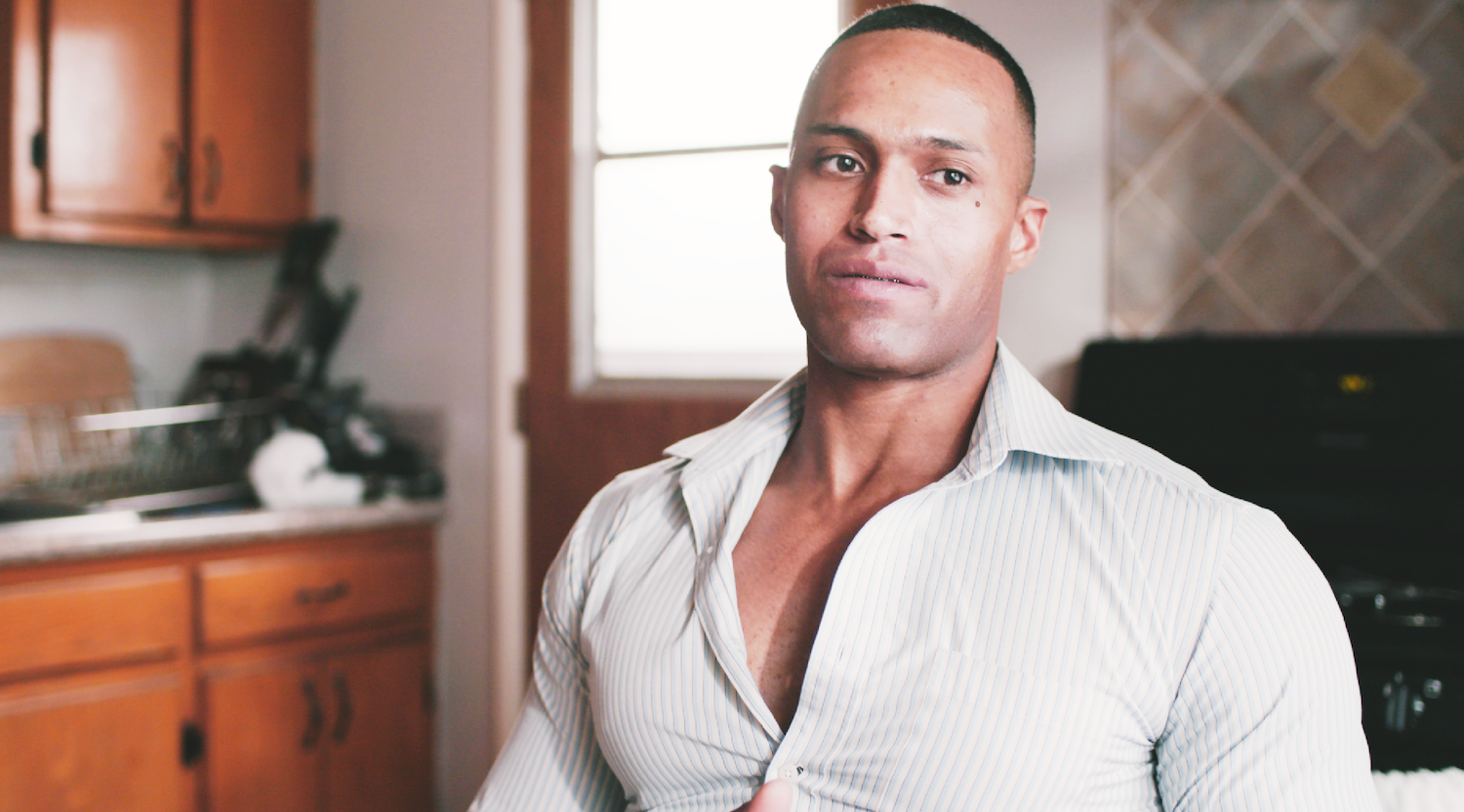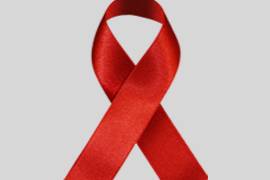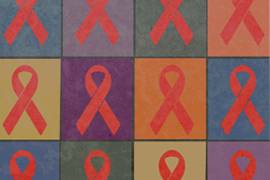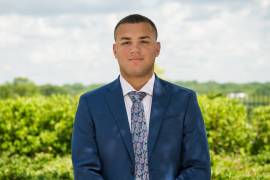Today, Lambda Legal and the Black AIDS Institute (BAI) launched CUT THE STIGMA, a joint public education campaign focused on Black communities developed to dispel misconceptions surrounding the transmission of HIV and reduce HIV stigma and its resulting discrimination.
The campaign was developed in conjunction with a complaint filed in United States District Court by Lambda Legal on behalf of Nikko Briteramos against the owner of a Los Angeles barbershop who refused to cut Briteramos’s hair because he is living with HIV.
“My experience at the Leimert Park barbershop was not the first I have had with HIV discrimination. Today, I am speaking out because I would like it to be my last,” said Nikko Briteramos, 34, who has been living with HIV since he was 19. “I want everyone to hear my story so they can better understand how harmful these moments of discrimination can be to those living daily with HIV. The stigma is a result of misconceptions and it needs to end.”
“The facts of this case, as well as the legal claims, are pretty straight-forward: the owner of King of Kuts in Leimert Park refused to cut Nikko’s hair because he is living with HIV, in clear violation of the federal Americans with Disabilities Act (ADA) as well as the California Unruh Civil Rights Act,” said Scott Schoettes, Counsel and HIV Project Director at Lambda Legal.
“While we work within the legal system to remedy the dignitary harms Nikko suffered as a result of this discriminatory encounter, we are also partnering with Black AIDS Institute to engage with Black communities nationally to do some critically important public education to prevent such discrimination from happening in the first place.”
“It was important for BAI to get involved in Nikko’s case because there's no way to end the AIDS epidemic if we're not fighting bigotry, discrimination, and bias,” said Phill Wilson, CEO and Founder of the Black AIDS Institute (BAI).
“In addition, as a Black organization, we have to be ever vigilant in confronting injustice. It is a part of our survival. We fight those injustices to survive—and this is a case about injustice. It's about bias. It's about bigotry. It's about discrimination. We have an obligation to be at the forefront of that effort; that’s essential.”





